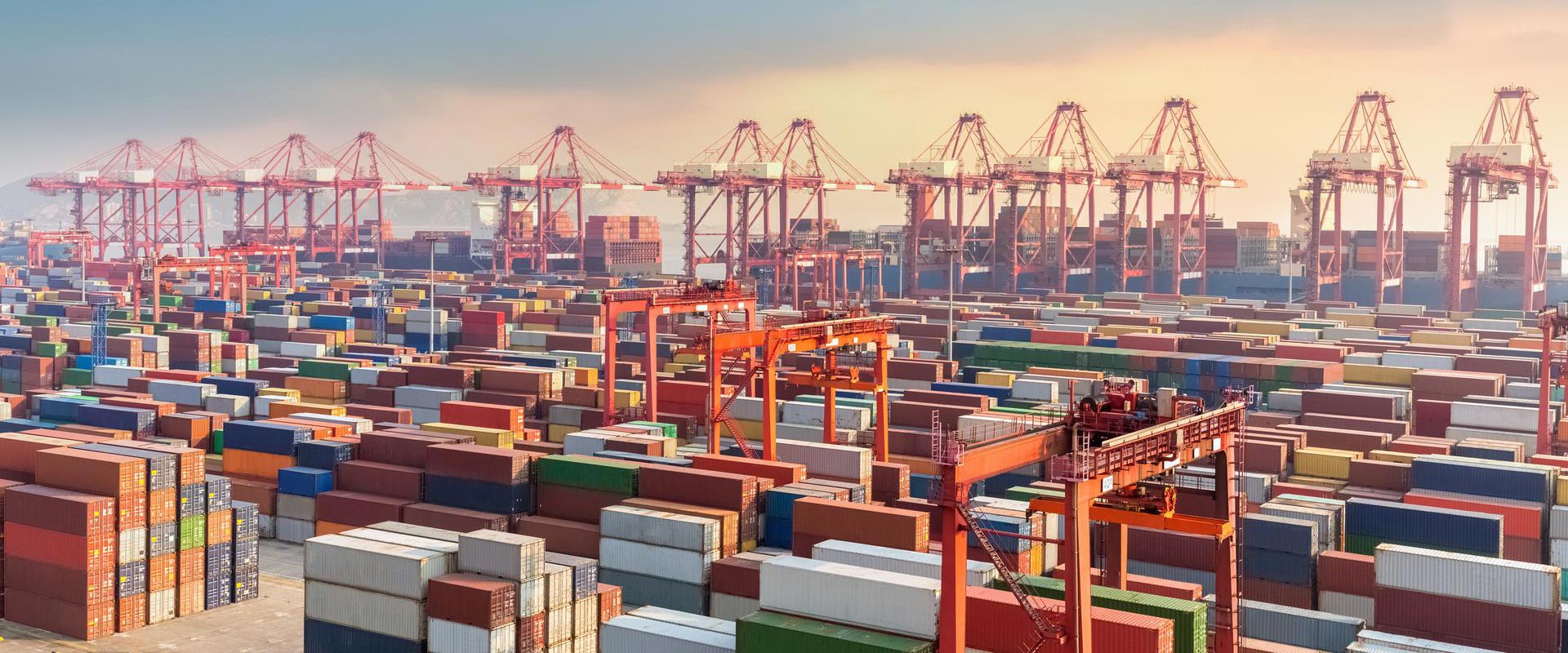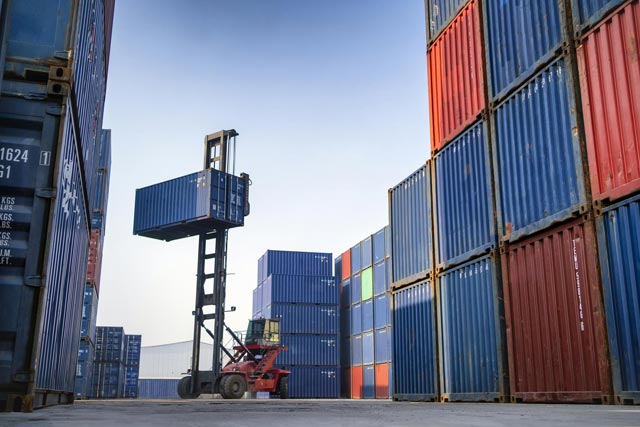A wider customer base, potentially cheaper operating costs, and access to materials and manufacturing bases. These are just some of the reasons to expand your business globally.
But going global can be a daunting prospect. Before you expand your business globally, take some time to fully understand the risks - and the potential rewards - that may present themselves.
The global macro environment
In Sector Atlas, Allianz Trade’s report on non-payment risk across global sectors, our experts have identified a number of key challenges with the global macro-environment. To help you make the best decisions about expansion, keep the following in mind:
- Consumers worldwide are spending less on goods, but more on services
- The US economy remains robust, while China is experiencing lower consumer confidence and a drop in spending
- The Eurozone is experiencing inflation issues and minimal growth, with interest rates set to remain high and companies reporting a -6% drop in sales
- Inflation could see future ratings downgrades, especially in Europe
These shifts in behaviour and spending mean that it could be more challenging for businesses selling products to expand into Europe, but perhaps good timing for service providers to explore the US market.
Which countries to consider when you expand your business globally
Many countries present real opportunities for businesses. The higher a country’s merchandise import needs, the more goods they import each year to meet customer demand. China and the USA have huge consumer markets you may be able to tap into.
It’s also a smart idea to be aware of country risk ratings, something which Allianz Trade offer. These rate countries enable you to plan and manage your international trade. An A1 or AA1 rating as seen in Japan, the USA and Western Europe suggests a low-risk business environment where you can expect to see a return. Ratings of C or lower - such as Turkey’s C4 or Venezuela’s D4 rating show that it’ll be may be harder to do business here and the risk of non-payment increases. You can find more detail about a country’s rating in our country risk reports.
Which sectors have the least risk for expanding a business globally?
According to the Sector Atlas findings, there are three sectors which carry a fairly low risk for business expanding globally:
- Telecoms: A mature, stable marketplace with an established global audience. While price competition remains high, increased 5G uptake and a boom in data use means that telecoms services remain low risk when looking to expand your business globally, even in the face of economic downturns.
- Pharmaceuticals: With an ageing global population and greater access to healthcare, demand for pharmaceutical products continues to grow. Expiring patents also create opportunities for generic drug manufacturers.
- IT Services: A high margin sector, with growing demand for cloud computing and digitisation as businesses world-wide switch to post-pandemic ways of working.
There are also a number of sector-specific challenges to be aware of when considering whether to expand your business globally. Construction, textiles and metals remain volatile worldwide due to fluctuating material costs, and the difficulties in navigating wildly different regulatory environments.
In Europe, the energy sector is facing a crisis as a resulting of the ongoing conflict in Ukraine, with Western Europe also facing labour shortages.
And globally, the agricultural sector faces challenges from climate change, and changing consumer habits with plant-based diets becoming more common.
For more information, our up to date sector risk reports can help provide valuable insights when considering where to expand.
Three ways to protect your business as you expand globally
- Identify sector versus country risks. You’ll need to weigh up both sector risks and country risks when planning your global expansion. Using the latest data and analysis on these risks can help you to make decisions with confidence.
- Understand your global customers. The needs of customers in Australia differ from those in Azerbaijan. Take time to understand the culture of your customers, the legal frameworks of their home countries, and the way their governments operate.
- Consider investing in trade credit insurance (TCI). Not only will this protect you in the event of non-payment, TCI will also provide you with crucial business intelligence, helping you to make more informed decisions on who to work with in unfamiliar markets.
Allianz Trade offers market-leading business credit insurance to protect your cash flow and give you greater opportunities when looking to expand your business globally. Our in-depth analysis of 98% of global GDP connects you to the latest credit risk data to help you understand your global customers more fully.
Our specialist team is always ready to provide you with advice and support. For a free TCI consultation, call our UK team on 0800 056 5452.



